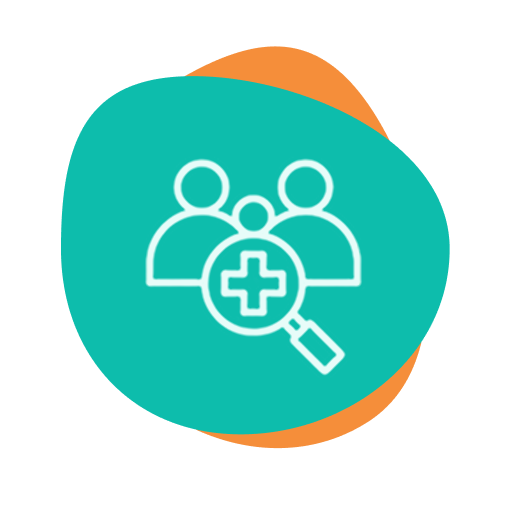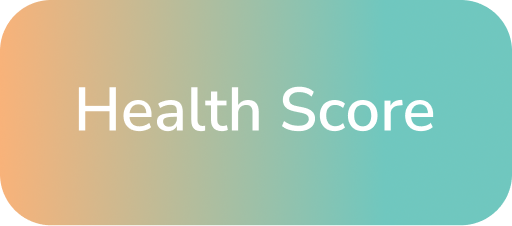
RPM enables healthcare providers to conduct thorough pre-operative assessments remotely. This includes evaluating a patient’s medical history, current health status, and any potential risks associated with surgery.
Research Insights:

After surgery, RPM allows for continuous monitoring of vital signs and recovery metrics, enabling healthcare providers to detect complications early and intervene promptly.
Early Detection of Complications:

RPM empowers patients to take an active role in their recovery process. By providing tools for self-monitoring and education, patients become more engaged in their post-operative care.
Patient Empowerment:

The financial burden of surgical complications can be substantial, with readmissions costing an average of $15,000 per event. RPM can help reduce these costs by preventing unnecessary hospitalizations.
Economic Impact:
Learn how we work to deliver seamless solutions with
innovation, efficiency, and
expertise.



Remote Patient Monitoring (RPM) plays a crucial role in both pre- and post-operative care by enabling continuous tracking of vital signs, symptoms, and recovery progress.
Lee Health implemented an RPM program to monitor patients after surgical procedures:
The NHS has successfully integrated Remote Patient Monitoring (RPM) into its pre-operative assessment processes, ultimately improving patient preparation and surgical outcomes.:

healthcare organisation